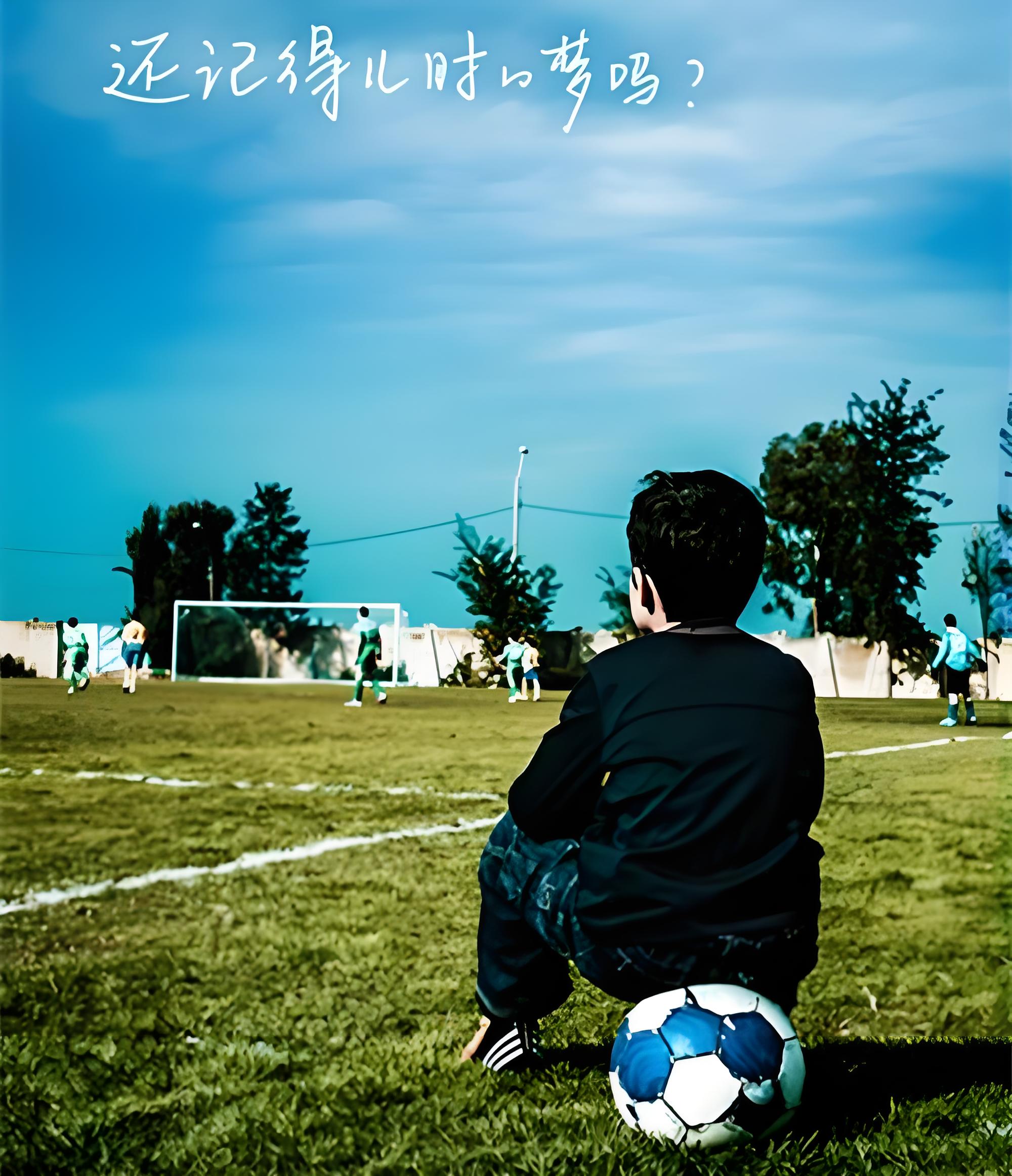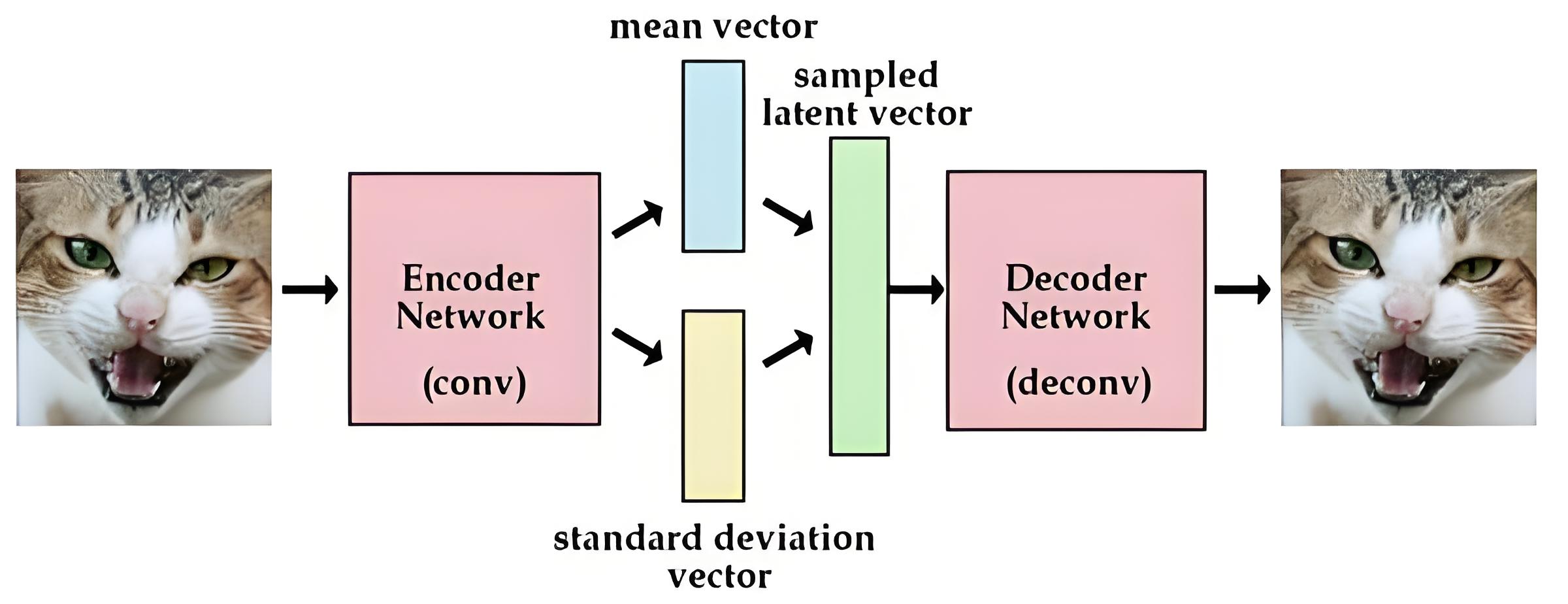A National Character:The land of Peach Blossom in the U.K.
Good afternoon, everyone. The topic of my speech today is: A National Character: “The Land of Peach Blossom” in the U.K.
(切ppt)
Let me start with the Pastoralism itself, as it is a complex term. Translation software renders it as “田园主义” yet this is a vague term without a clear referent. It can be the farm, especially livestock farming, the village, or the small town. In class, teacher Song guided us toward thinking about pastoralism in relation to livestock, but British livestock farming, while significant, does not have the longest history, and as an old industrial powerhouse, Britain’s livestock farming doesn’t differ fundamentally from that in other countries. It doesn’t quite rise to the level of a cultural symbol. Thus, After discussing with teacher Song, I decided to use the British cottage or countryside as the focus of pastoralism.
(切ppt)
Lin Yutang once said: “I believe world civilization can only be built upon the common basis of international living…The ideal life…to live in an English cottage, with American heating, have a Japanese wife, a French mistress, and a Chinese cook.” This speaks to the charm of the British village lifestyle(英国庄园生活方式), which is indeed worth exploring.
(切ppt)
Let’s watch a vlog. You can see the arrangements and furniture in their house, let’s talk about it later.
(切ppt)
It reminds me of a summer camp I attended in the U.K. in 2018 and the host family I stayed with there. Years past, I can hardly find some pictures of their house, the only one you can see here which is my companion in the host family. But I still have some memories, and please follow my description and expand your imagination. Are you ready?
(切ppt)
They lived in a two-story house with a backyard, much like a small villa(小别墅) in China. My host family was an elderly couple who warmly welcomed me and my companion into their home. The furniture was old but very well maintained, with a distinctively worn but clean carpet catching my eye as we entered. You can see here, it’s clean but quite old isn’t it? In front, there was a faded sofa, you can also see here a faded sofa. A small TV, really small, which was the couple’s main form of entertainment. I may have forgotten the gentleman’s profession over the years, but I remember a photo of him with the Queen hanging on the wall behind the TV, indicating a good financial standing, part of the upper elite of society.
The daily life of this British couple seemed repetitive, with each day playing out almost identically. Every morning, they would wake up early, take a bath, and prepare a breakfast for us, which was always two slices of toast, some jam, and a glass of milk—a breakfast they’d been having for probably forty years. When we returned home from school in the evening, the gentleman would always greet us with a smile, asking, “How’s everything going today? Good, good, good?” Dinner was invariably ready just as we arrived. After dinner, they would place a disc into the TV, and when it turned on with a “cicici” sound and a flash, black-and-white folk music would begin to play—a soundtrack from decades past I think. Although the TV wasn’t actually black-and-white, the couple primarily watched the news and seldom watched other shows. They hardly used their phones, which were quite old-fashioned and different from us; even my phone, passed down from my dad, was more advanced than theirs. The gentleman’s clothing was always the same, formal even at home, in a shirt-like sweater which is very decent and formal. Many smart home devices, such as robot vacuums or dishwashers, which were already common in China at that time, were nowhere to be found in their home. It seems like a paradox, doesn’t it? They had good economic conditions, but they had old furniture and repetitive lifestyles that do nit match their economic conditions.
(切ppt)
You might think this was an isolated phenomenon, but it wasn’t—this was their lifestyle. And it was not unique. I asked my peers who stayed with other host families, and many had similar experiences. And the vlog you’ve just seen can also indicate that truth. As I mentioned, their financial situation was solid; this could be seen from the gentleman’s social status and their detached house, almost like a private villa. Being a host family also provided a significant income, but from my description, you can see that their lifestyle was very traditional, and their furniture was aged. All of this pointed to a particular trait—a deeply ingrained national character: conservatism. Whenever we discuss the British, conservative is a word that inevitably comes up. Their political institutions, lifestyle, even the traditional etiquette of British gentlemen, all reveal this conservatism. Yes, this is the British character, this is the conservative British nature. Admittedly, there may be some prejudice in my description, but conservative is undeniably a word often associated with them. And, for us, it doesn’t carry a positive meaning.
(切ppt)
It’s strange: traditional feels more like a compliment, but conservative tends to have a negative tone. When describing the British lifestyle, however, we use conservative more often than traditional, which shows we don’t quite endorse their life philosophy. Old items remain unchanged despite financial prosperity at home. When I returned home and told my family about the host family, by the way, my parents were born in the countryside and have always advocated frugality. they didn’t quite understand it either. But is this conservatism really a negative, even backward trait for them?
(切ppt)
No, I don’t think so. I’d like to shift the conversation to another topic—desire and spiritual fulfillment. Although I no longer remember the exact features of the gentleman’s face, I can still remember his smile—a gentle, deeply sincere smile. I remember it because he smiled every day, looking at me with genuine joy. Although the elderly couple’s daily life was quite repetitive, they were happy each day. Their furniture may not have been lavish, but they were content. They lacked that certain desire—that desire to acquire, to follow the trends of fashion, to change their circumstances. Yes, you could label this mindset as conservative, but I believe that this lifestyle embodies a higher level of spiritual wealth: a simple, authentic joy that derives from their heart, a true cultural symbol, a true pastoralism—a life of contentment(淡泊). This becomes even clearer when you consider the very fact that they opened their home as host families, welcoming children from around the world. How remarkable they are.
(切ppt)
In modern society, with its rapid technological advancements, people face mounting pressures. There is always something to chase for. Money, fame, or grade绩点 for us. In the U.K., issues like unemployment and declining welfare have become pressing, and everyone has their own desires, often feeling caught in the involution内卷, striving constantly to satisfy these wants. Against this backdrop, the simple yet fulfilling lifestyle stands out as a cultural marvel in the U.K., the very reason why Lin Yutang aspired to live there. It is a pastoralism rooted in contentment.
(切ppt)
Back to the word “Pastoralism” to end my presentation. If I remember correctly, I was about to enter eighth grade at the time. In 北京中考, we had a classical text, The Land of Peach Blossom(桃花源记). When I studied it, my mind flashed back to that summer camp and the scenes I saw in that English countryside. Indeed, it was a genuine form of pastoralism—a British pastoralism, a secluded paradise they wish to preserve. This is my understanding of “British Pastoralism”. And this is indeed a unique British culture that is different from other countries.
(切ppt)
Last things last, I list a mind-map of my presentation which shows its logical structure. If you didn’t catch much, you can read it. Besides you can find my speech draft in this website which is my personal blog and I updated it earlier. If you want to watch the full video, you can click this links.
Thanks for listening and wish you all have a nice day.


